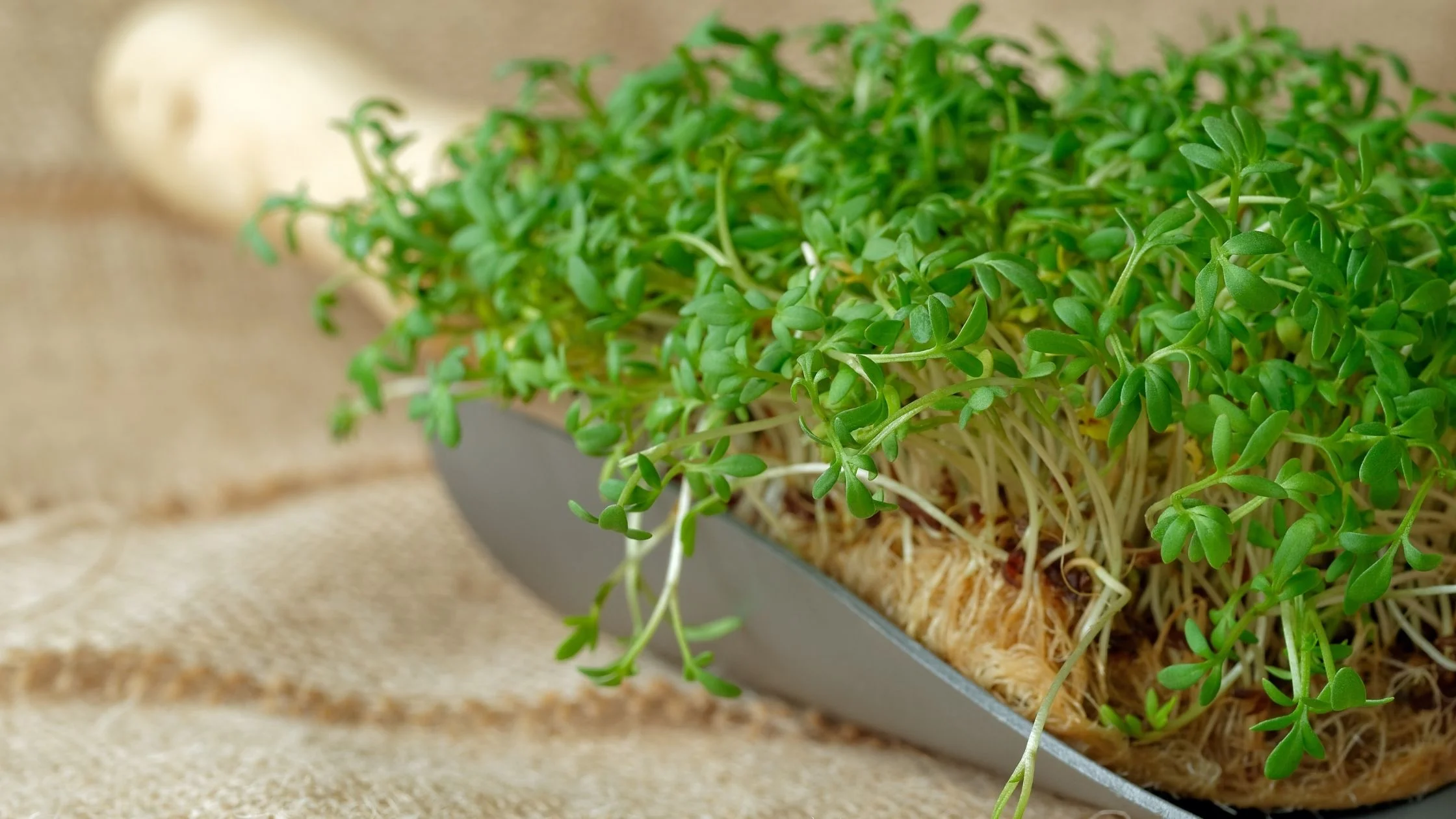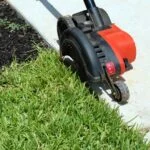Looking for Types of Trowels or types of garden trowels? In one of my earlier posts, I talked about an indispensable gardening tool known as pruning shears.
But do you know about another gardening tool that is as critical, if not more, for beautifying your yard as pruning shears?
If you haven’t guessed it yet, let me introduce to you another favorite tool of gardeners, trowels.
And like most of the other gardening tools, you can find several types of trowels. In this post, I will share various types of trowels that are designed for specific purposes. At this point, you must know that trowels are not just a gardening tool but are also used in the construction industry, so I will explain each type of trowel accordingly.
Moreover, I will also get you through a buying guide to help you get the right trowel for your yard.
So without further ado, let’s get started.
Types of Garden Trowels
You already know that trowels can be used to set in concrete, but they are essential gardening tools, so let’s look at the type of garden trowels that you can choose for your yard.
Traditional Garden Trowel
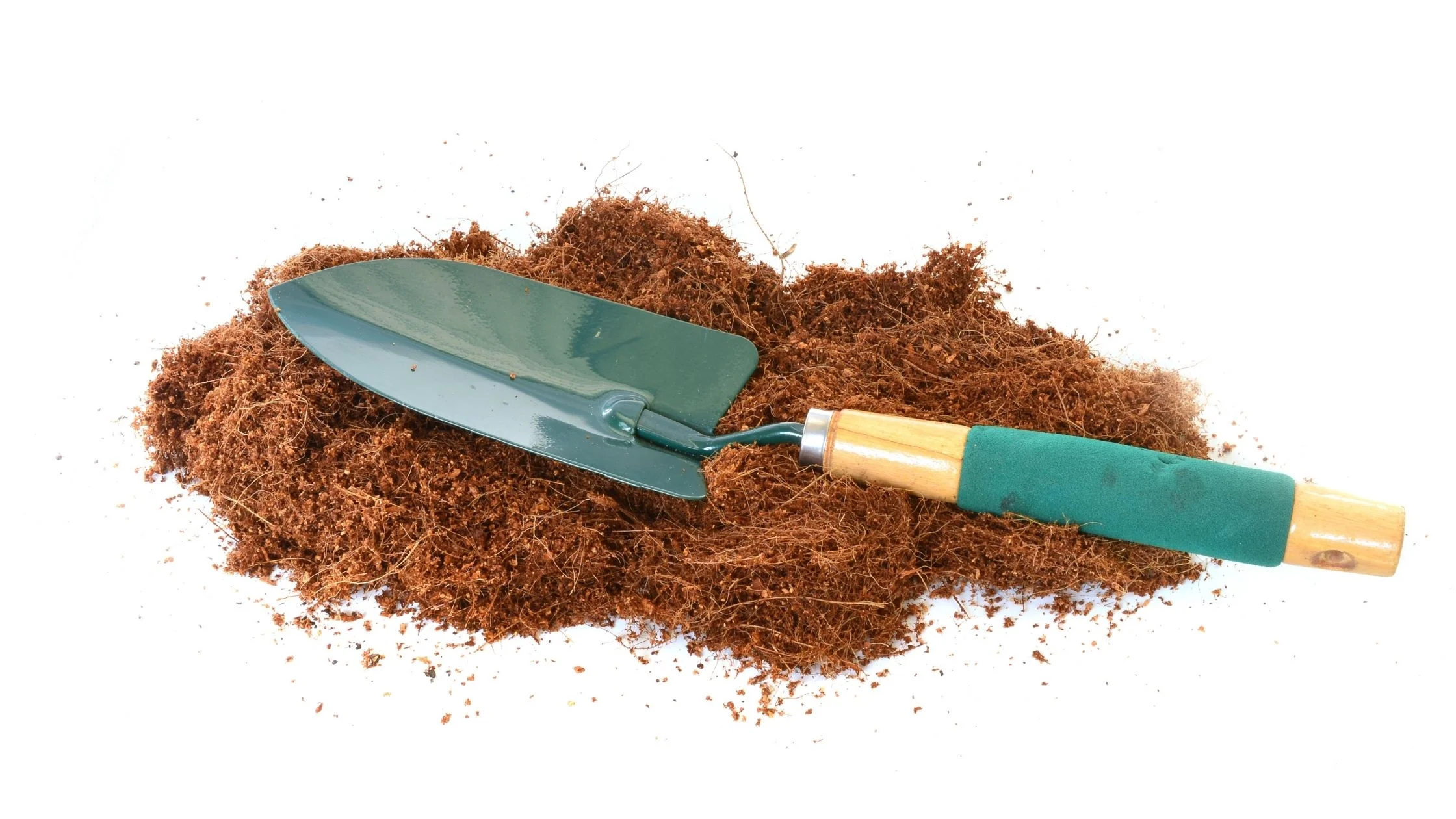
With a large blade, a traditional garden trowel is the most common trowel used in yards. A traditional garden trowel is used for digging holes, break up tough soil, and plant flowers.
Transplanting Garden Trowel
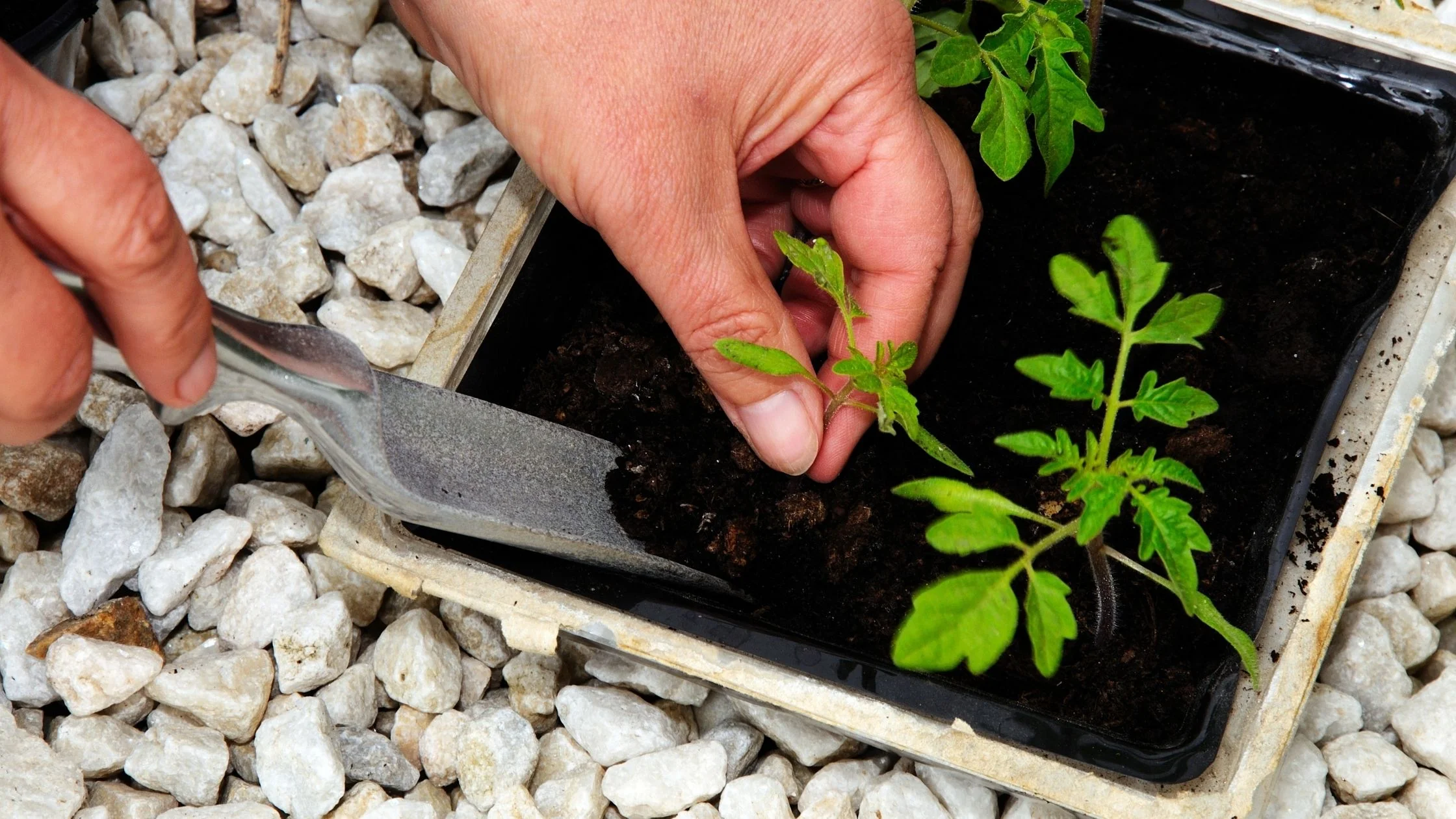
As the name suggests, transplanting garden trowels are used for moving seeds, bulbs, and plants from one place to another. To perform their task effectively, transplanting garden trowels have a long, thin blade and a pointed tip.
Dixter Garden Trowel
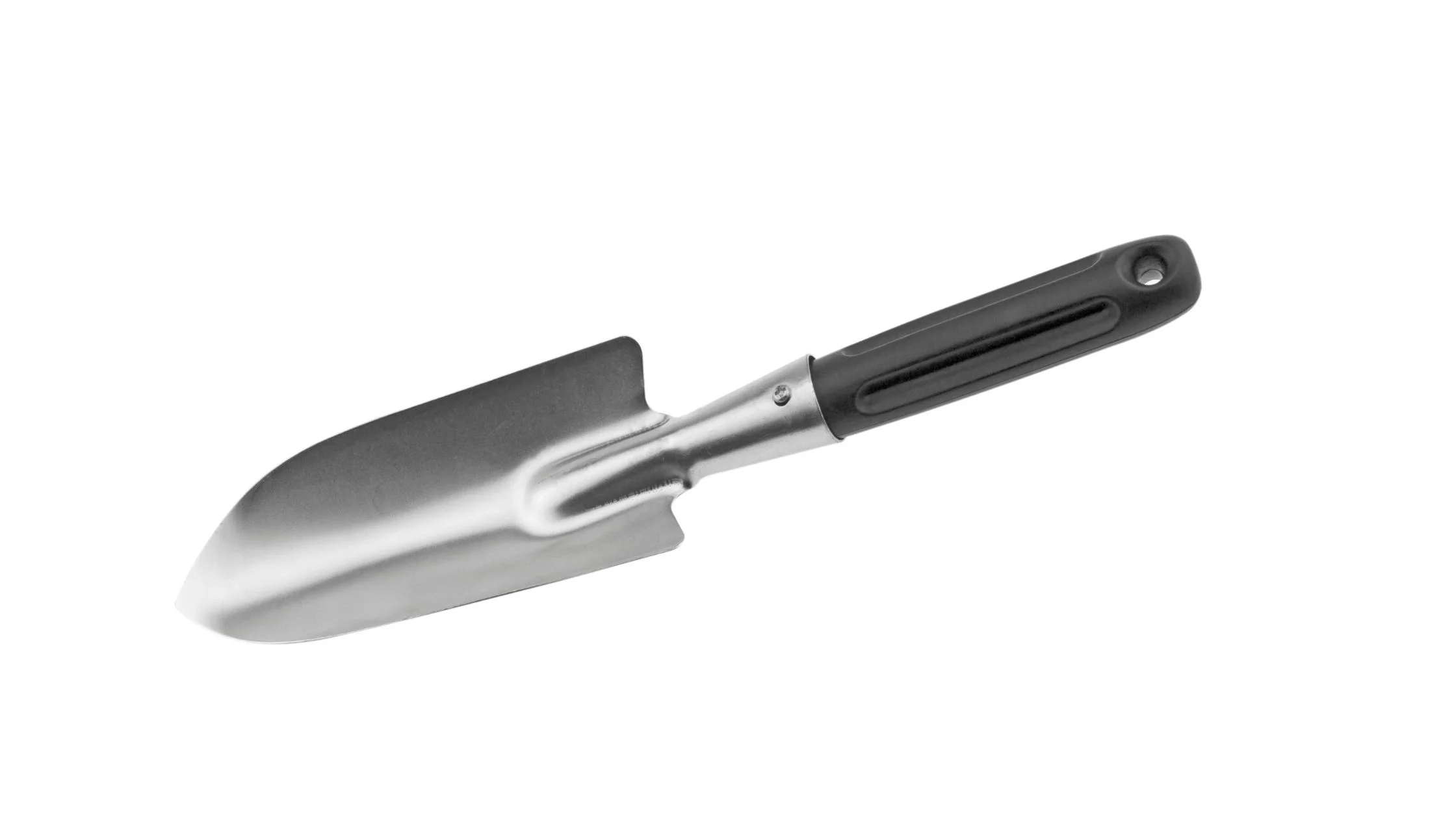
With a long thin blade and a rounded end; a dixter garden trowel is another essential gardening tool. It is great for digging up plants with long, deep roots. It can also be used for sowing seeds.
Potting Garden Trowel
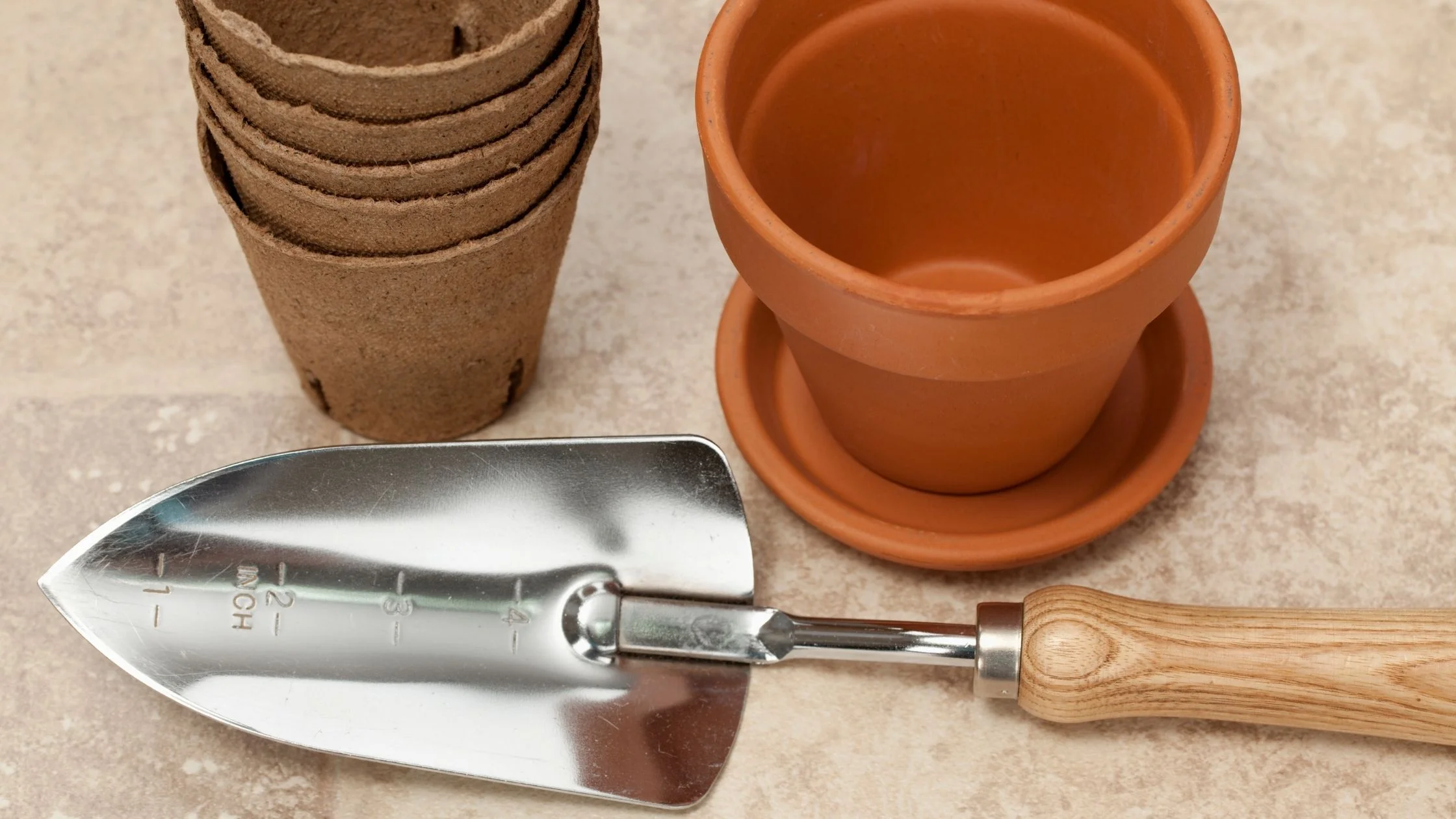
Another type of garden trowel is a potting trowel which has a wide blade and curved sides. A potting garden trowel is primarily used for potting plants into pots and hence gets the name from the specific purpose it has to perform.
Digging Garden Trowel
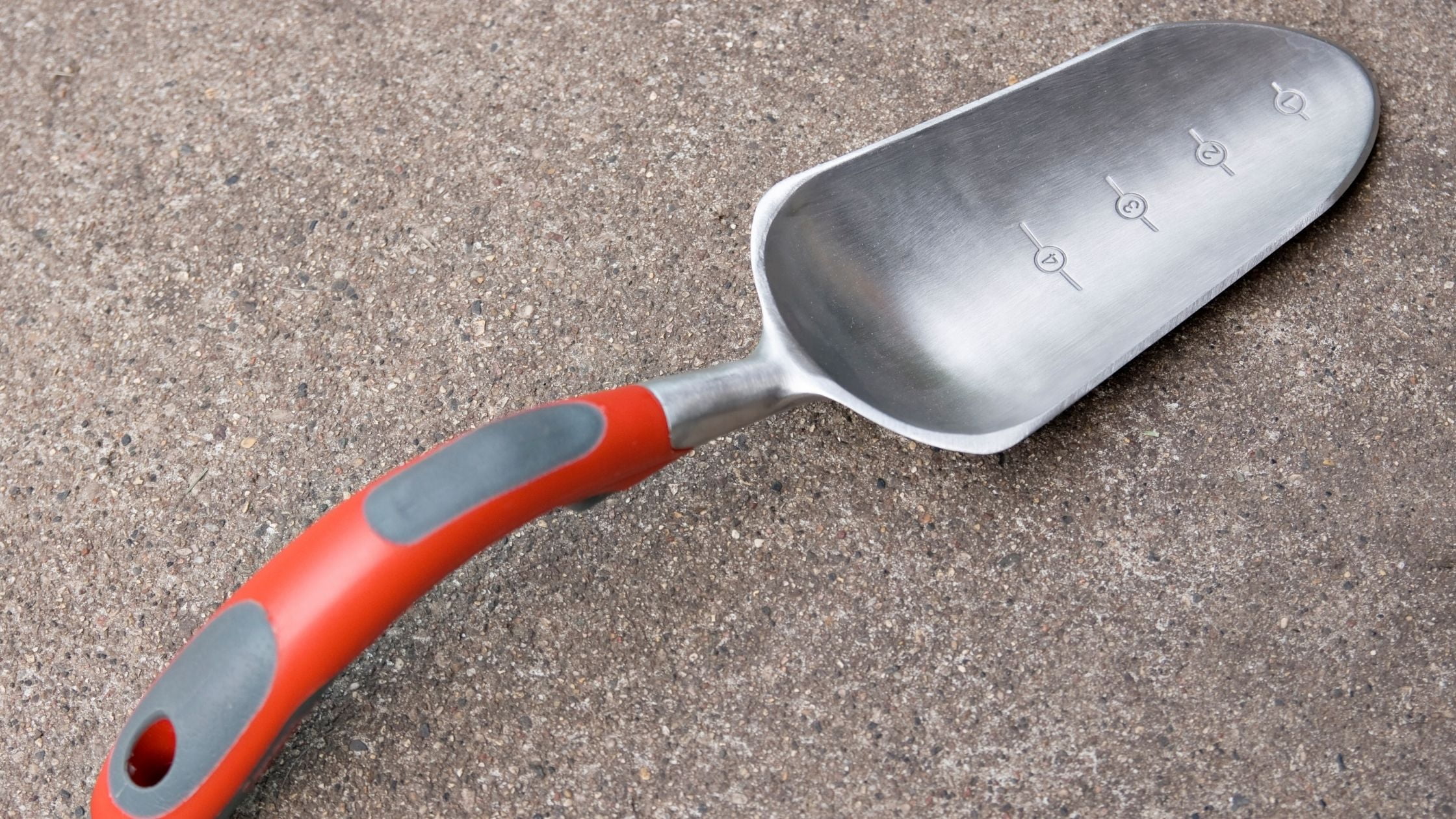
If you are looking for a gardening tool that allows you to dig through tough soils, you need a digging garden trowel with a pointed end and closely resembles the shape of a dagger. Its sharpened tip not only allows you to dig through tough soils but also enables you to cut items such as compost bags.
Planting Garden Trowel
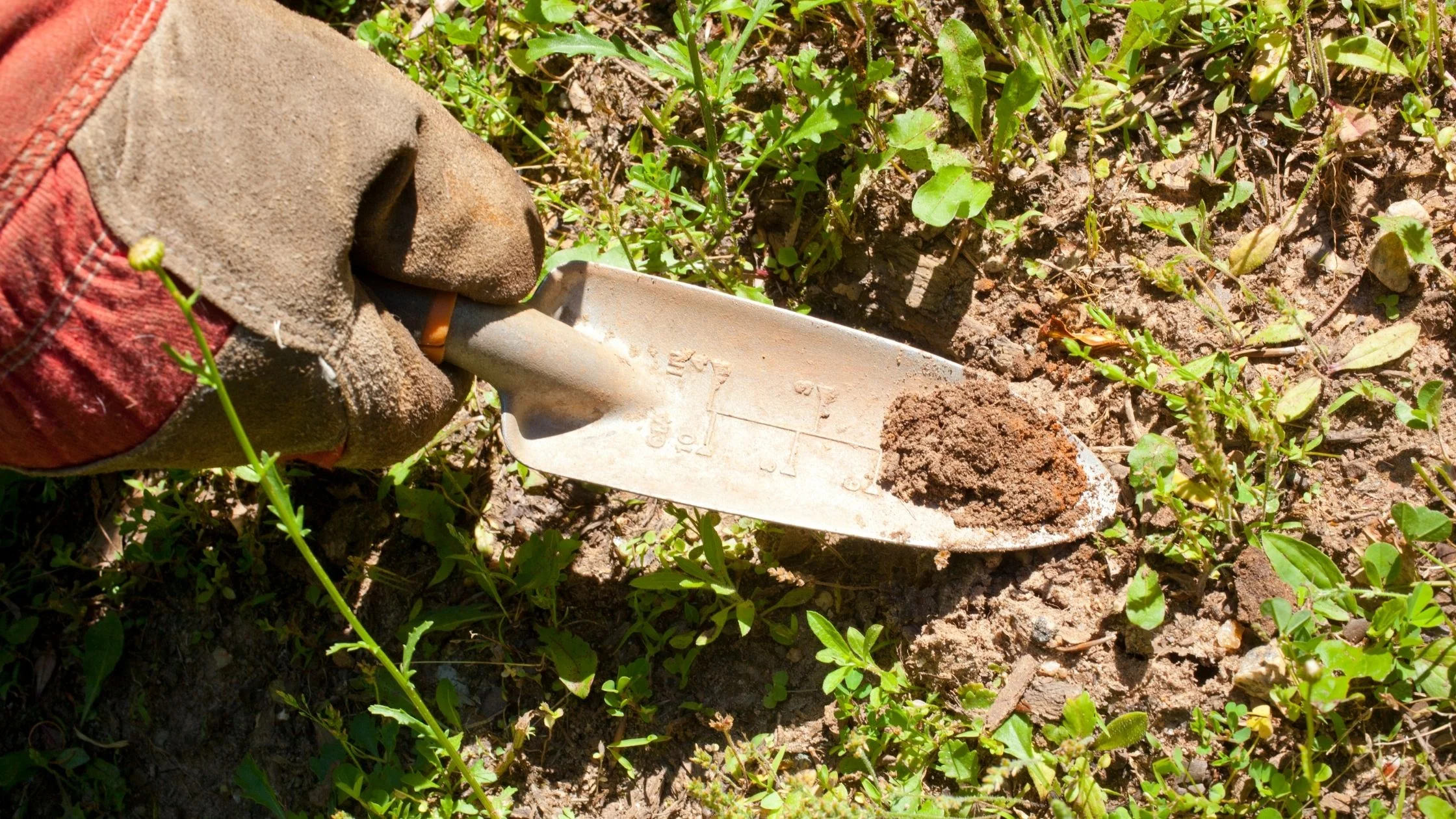
A variation of transplanting garden trowel is a planting trowel that is quite useful for planting flowers in tough soil. This type of trowel is also smaller than other trowels, which makes it a space-efficient choice.
Types of Trowels
As I mentioned earlier, trowels are a commonly used gardening tool, but they are also critical when dealing with concrete. So let’s split the types of trowels into the ones used in the garden and others that you can use to use to deal with concrete.
Types of Concrete Trowels
Finishing Trowels
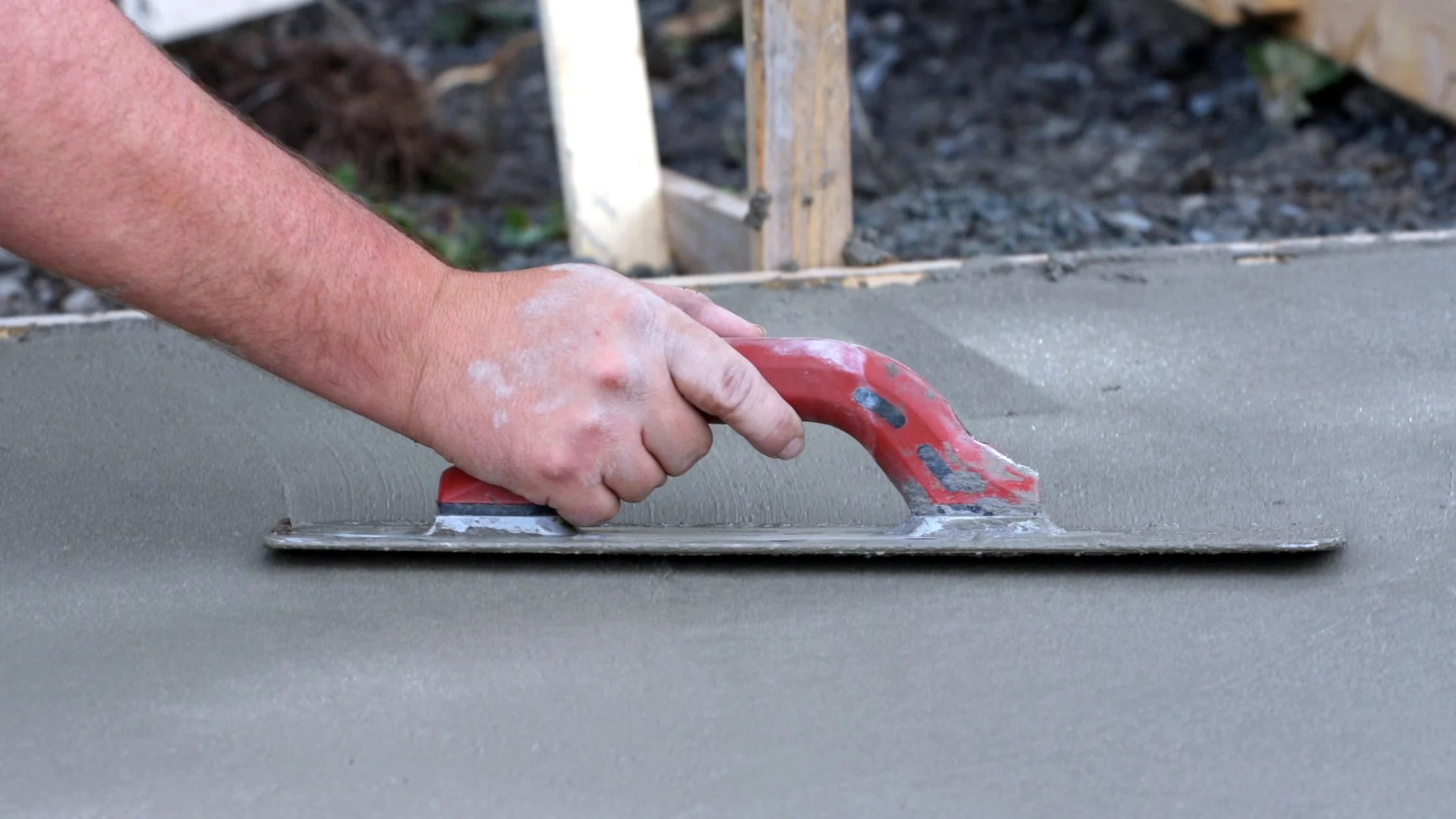
One of the most iconic tools used to give a finished look to concrete is a finishing trowel. Using this type of trowel, you can provide a smooth finish to your concrete area. All you have to do to give a finished look to your concrete surface is to run the trowel across. And once you smooth out the concrete, it will set up and harden nicely.
Mason Trowel
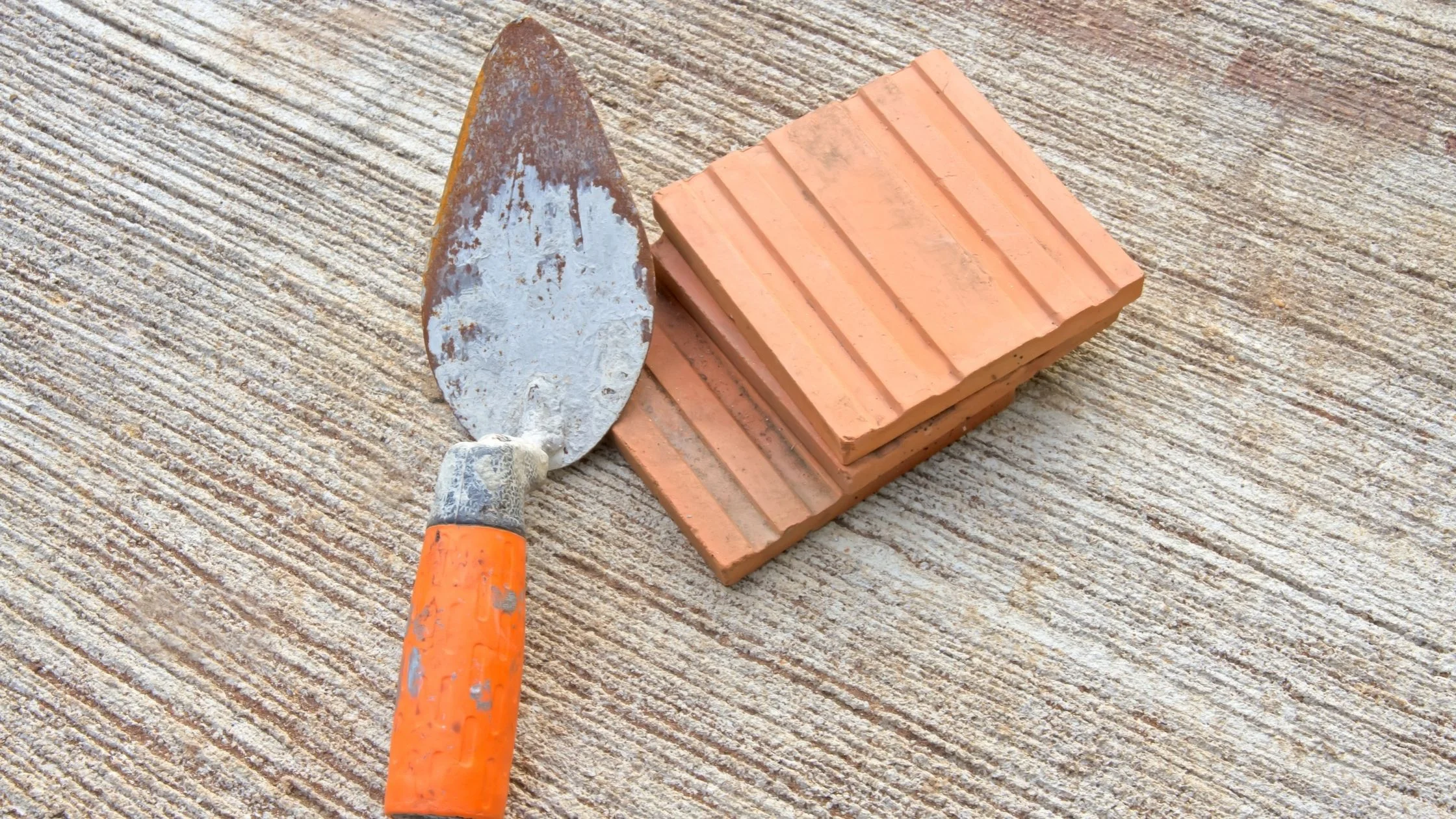
Another type of concrete trowel is the mason trowel used for leveling, spreading, and shaping concrete. It is also used in stonework and brickwork.
Notched Trowel
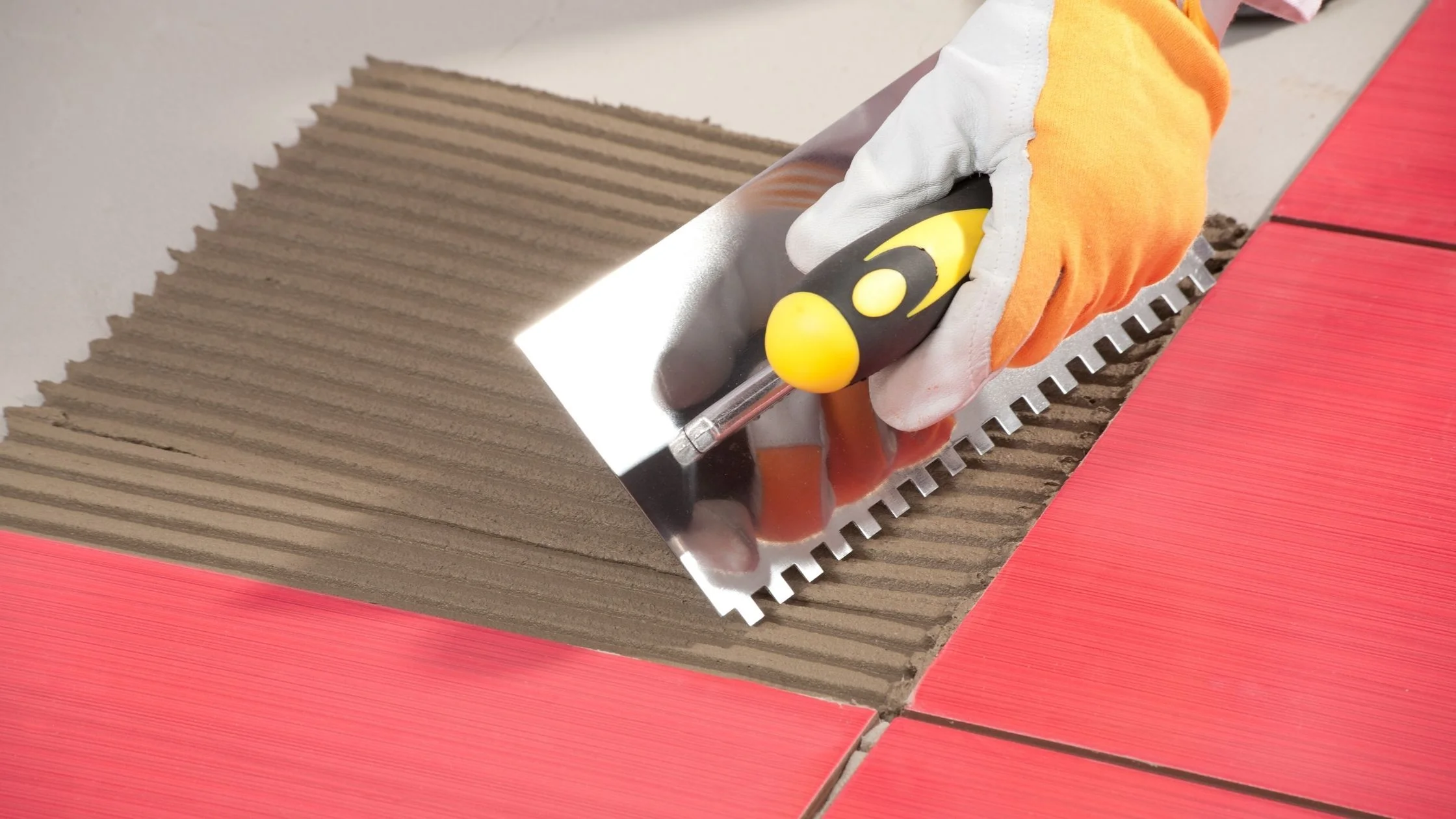
A notched trowel is another concrete finishing tool. It has a thin, rectangular metal base with a handle attached to one side, allowing users to even out the concrete surface and give a good finished look. The trowel gets its name from the notches found at the edge of the trowel, which allows the mortar to set in at a proper depth.
Another similar trowel is a grout trowel, which looks quite similar to a notched trowel. Both these types of trowels are integral tools for setting concrete for the installation of tiles.
How to Choose a Trowel
When it comes to choosing trowels for your yard, there are several factors that you should keep in mind. Some of the critical considerations when investing in a trowel include
Your Purpose
Apart from the shovel-shaped trowel, you will find several other types designed for different purposes. So as you intend to invest in a trowel, make sure you clearly understand why you want to use the trowel. Once you figure out your purpose, you can choose from several different types of trowels available on the market and decide on the best trowel for your yard.
The Design of the Blade
Another key consideration when choosing the best trowel for your yard is the design of the blade. Traditionally, trowels have slightly pointed or rounded heads, making them perfect for scooping out soil and transferring plants and dirt. But you can also find trowels with long blades, which are great for narrow spaces. Moreover, trowels with long blades are also used for digging deep to remove stubborn weeds.
So depending upon how you intend to use the trowel, decide on which design on the blade is perfect for you.
The Materials of the Blade
Apart from the design, you also need to consider the material of the blade. You can find blades made from various materials, including aluminum, stainless steel, fiberglass, plastic, and carbon steel. Each material has its own pros and cons. So let’s take a closer look at each so you can decide on the best trowel material.
Aluminum
Pros | Cons |
| Light in weight | Light in weight, so it might not be very durable. |
| Rust resistant | Is not suitable for rocky soils. |
| Great for use in soft and soggy soil |
Stainless Steel
Pros | Cons |
| Great for heavy-duty work(including difficult and rocky soils) | Heavy (which makes it inappropriate for specific tasks) |
| Durable construct | Pricy material |
| Rust resistant |
Fiberglass
Pros | Cons |
| Light in weight yet strong | It May not be suitable for tough soil |
| Rust resistant |
Plastic
Pros | Cons |
| Light in weight | Not sturdy as metal trowel blades |
| Pocket friendly | The edges are not very sharp |
Carbon Steel
Pros | Cons |
| Heavy-duty material suitable for tough soil | Heavier in weight |
| Durable construct | Maybe prone to rust |
Now that you know the pros and cons of various materials for trowel blades let’s look at some of the other considerations that will help you make the right choice.
Trowel Handles
Trowel handles come in a variety of options. You can find trowel handles made of plastic, wood, or rubber-coated metal, and each material comes with its pros and cons. But regardless of the material, your handle should feel comfortable in your hand as you may be using this tool for extended periods. So, you must test the feel and the grip before you make a choice.
You should go for trowels with curved and padded handles if you already have health concerns, such as arthritis or carpal tunnel syndrome. You can also go for trowel handles that have finger grips, or rubber palm rests so you can enjoy some extra support as you dig through your yard.
However, the essential thing about handles is that they should be sturdy to take the pressure as you dig through different types of soils.
Ease of Maintenance
The last thing on the list as you choose a trowel is the ease of maintenance. Always make sure you go for a trowel that is easy to clean and maintain because you will have to clean your trowel after every use at the end of the day. Moreover, you should also know how to appropriately store your trowel after use. It’s best to store your trowel in a dry area because your metal trowel will be prone to rust if left in humid and wet conditions.
This brings an end to the section on how to choose a trowel for your yard. The main takeaway here is that choose a trowel that suits your purpose, has a durable and comfortable construct, and is easy to maintain.
Bottom Line Regarding Types of Trowels
Trowels are an essential gardening tool, but they are not only used in the garden. They can also be used for setting concrete, as several types of trowels are designed to perform this specific task. Yet other types of trowels are used in the garden. And again, each type of trowel has a distinct shape and is used to perform a specific gardening task. With all the information you need about types of trowels, this post will surely help you make a more confident choice.

